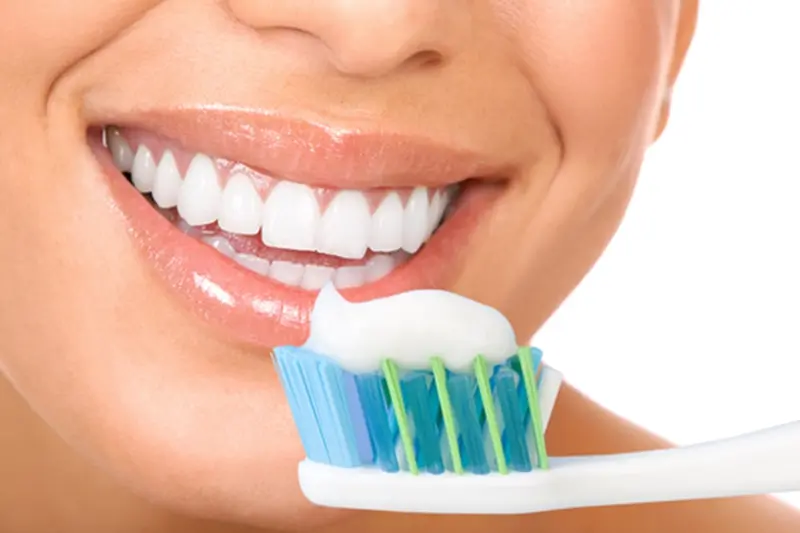Most of us use toothpaste twice a day, but how much do we really know about it? Toothpaste is a key component in the battle against plaque and tooth decay, so knowing what you’re putting on your toothbrush every day is important. With so many different tubes of toothpaste on the shelves at the supermarket, however, it can be confusing and overwhelming trying to choose one.
Which one’s are best? What’s the difference, anyway? How do you choose which toothpaste should you buy?
What to look for in a toothpaste
The most important thing to look for when buying a toothpaste is fluoride content. Fluoride is a mineral that helps fight tooth decay, making it a vital ingredient in toothpaste. Toothpastes containing at least 0.221 per cent sodium fluoride (sometimes labelled as 0.76 per cent sodium monofluorophosphate or 1,000 parts per million fluoride) are recommended by the New Zealand Guidelines Group.
Fluoride is a mineral that helps fight tooth decay, making it a vital ingredient in toothpaste
What about children’s toothpaste?
Toothpastes described as ‘child strength’ generally do not contain enough fluoride to be effective. Instead of shopping for a toothpaste labelled specifically for children, simply use a regular fluoride toothpaste for all age groups, and adjust the amount for kids. A smear of toothpaste is adequate for very young children and a pea-sized dollop works for children six years and over, according to guidelines laid out by the Ministry of Health.
 If it’s teeth this sparkly you’re after, a whitening toothpaste probably won’t cut it. Pop in to see the City Dentists team for a bleaching treatment instead.
If it’s teeth this sparkly you’re after, a whitening toothpaste probably won’t cut it. Pop in to see the City Dentists team for a bleaching treatment instead.Whitening, sensitive, tartar control – is there really a difference between toothpastes?
As long as it contains fluoride, the type of toothpaste you choose comes down to your personal preference, the price, and what variation of mint flavour you prefer.
Don’t be fooled into thinking whitening toothpastes contain bleaching agents. Toothpastes labelled as ‘whitening’ merely contain abrasive particles that work to give teeth an extra polish. While this can remove some stains, if you’re serious about getting a sparkling smile, it’s best to book a professional teeth whitening treatment.
Toothpastes for sensitive teeth, on the other hand, can offer genuine relief to people with this problem. Sensitive teeth occur when thin enamel or receding gums expose nerve endings – cue pain when you your teeth are exposed to sweet or cold foods, or even air. Sensitive toothpastes contain products which essentially block off these exposed nerves, helping minimise sensitivity.
People with certain dietary requirements may need a specific toothpaste. Some brands produce halal or vegan toothpastes, so be careful to check the packaging if either of these factors is important to you.
Brushing regularly with a good toothpaste will keep your teeth in good condition, but if anything does go wrong, we’re here to help.
